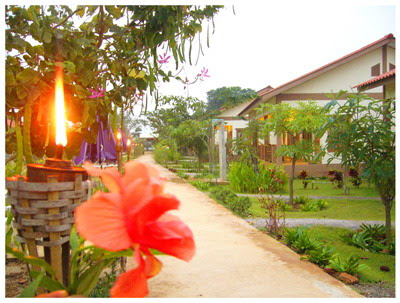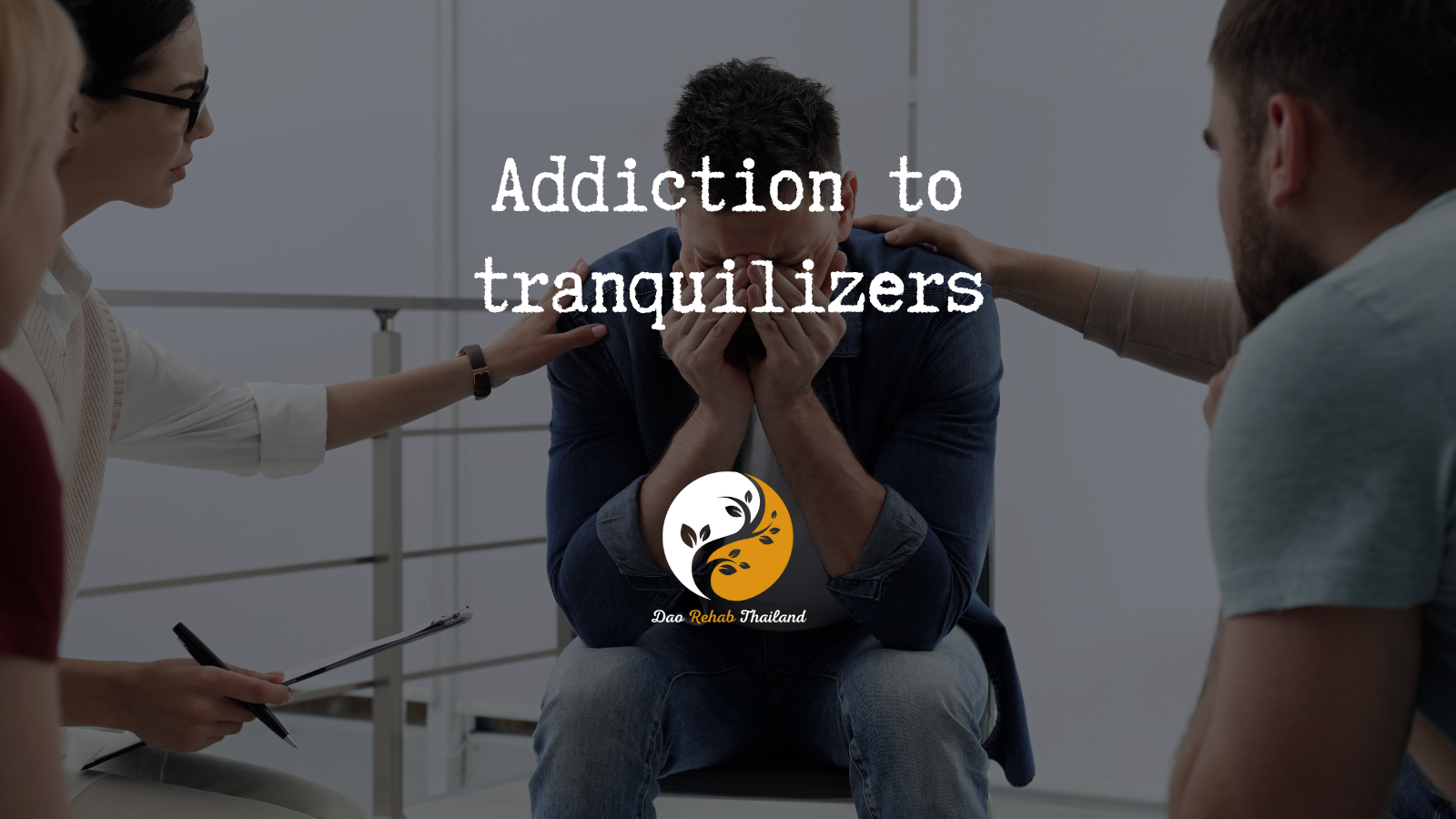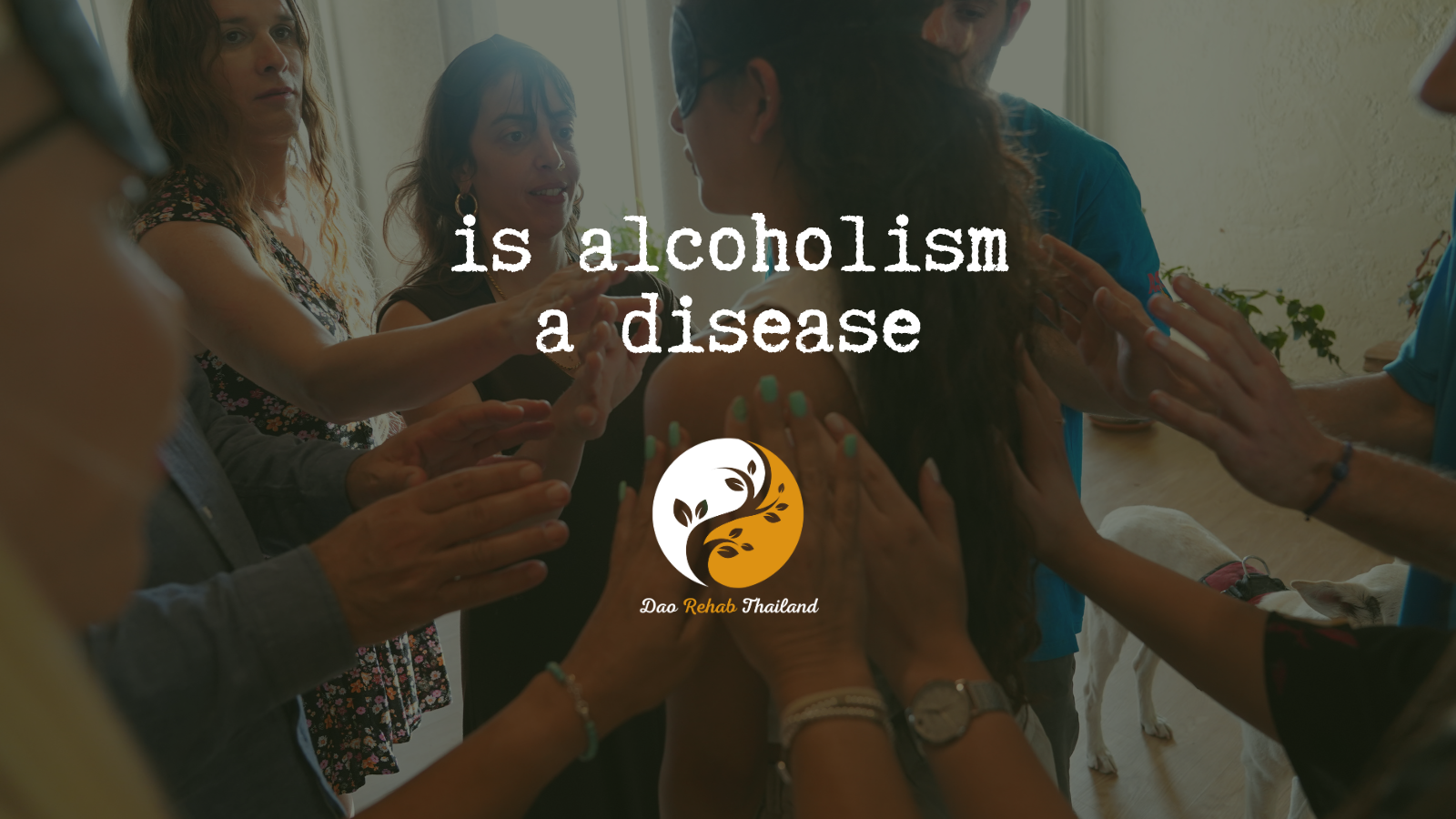
How Long Does Alcohol Withdrawal Last?
How Long Does Alcohol Withdrawal Last?
“Turning the impossible into possible”

"Detox from alcohol at a Luxury Holistic Center in Thailand and Israel"

How Long Does Alcohol Withdrawal Last?
The duration of alcohol withdrawal varies from person to person and depends on factors such as the extent of alcohol use, the individual’s health, and their history with withdrawal. Generally, alcohol withdrawal progresses through three stages:
"Holistic Center for Trauma, Addiction, and Mental Imbalance Treatment in Thailand"
“בואו לתחילת המסע לחופש מהתמכרות לאלכוהול, סמים, כדורים ותגלו מחדש את חייכם בחיבוק השקט של “DaoTherapy Rehab בתאילנד—במקום שבו ריפוי הוליסטי פוגש החלמה מעצימה.”
DaoTherapy Holistic Rehab
The duration of alcohol withdrawal
The duration of alcohol withdrawal varies from person to person and depends on factors such as the extent of alcohol use, the individual’s health, and their history with withdrawal. Generally, alcohol withdrawal progresses through three stages:
Early Stage
Early Stage (6–12 hours after last drink): Mild symptoms may begin, including anxiety, nausea, insomnia, headaches, and tremors. These symptoms can be uncomfortable but are typically manageable.
Acute Stage
Acute Stage (12–48 hours): Symptoms peak during this period and may include intense anxiety, increased blood pressure, sweating, confusion, and in severe cases, hallucinations or seizures. This is the most critical phase for medical supervision, especially for those with a history of heavy drinking.
Post-Acute Stage
Post-Acute Stage (2–7 days): For most people, symptoms begin to subside after 48 hours, but some experience prolonged symptoms like fatigue, mood swings, and irritability for up to a week or longer.
For severe cases
For severe cases, some symptoms may persist for weeks or even months, a condition known as Post-Acute Withdrawal Syndrome (PAWS), where residual psychological and physical symptoms may linger, affecting the individual’s mood, sleep, and energy levels.

contact us
Contact us with your questions
We would love to speak with you! Feel free to reach out with any questions.

get in touch
Schedule a free consultation
Schedule a free consultation with our team and let’s make things happen!
The continuation of the alcohol withdrawal process
The continuation of the alcohol withdrawal process involves additional stages crucial for physical and mental recovery and for preventing relapse. Here are the main stages and key treatment aspects:
1. Acute Detoxification Stage
– What Happens? This is the stage where the body detoxifies from alcohol, lasting from a few days up to a week, during which severe withdrawal symptoms may appear.
– Key Factors: Medical supervision is essential, especially for individuals with chronic, heavy alcohol use. Severe symptoms such as seizures, delirium tremens (characterized by severe tremors and confusion), and hallucinations require immediate treatment.
– Treatment: In severe cases, medications such as benzodiazepines are used to calm the nervous system, along with monitoring blood pressure and heart rate. Thiamine (Vitamin B1) is also essential to prevent brain damage, such as Wernicke-Korsakoff Syndrome.
2. Initial Recovery Stage
– What Happens? After detoxification, patients cope with persistent withdrawal symptoms such as mood swings, anxiety, depression, and difficulty concentrating.
– Key Factors: Emotional and psychological support is crucial at this stage since the risk of relapse is high. Restoring mental and emotional balance is a central goal.
– Treatment: Psychological therapy, group therapy, and support from social systems, such as 12-step programs, are key components. Sometimes anti-anxiety and antidepressant medications are included.
3. Rehabilitation and Long-Term Recovery Stage
– What Happens? This is the stage where the patient learns to live without alcohol, focusing on restoring relationships and regaining control over life.
– Key Factors: Building a healthier lifestyle that includes exercise, balanced nutrition, and a supportive daily routine. Strengthening skills to cope with stressful and tempting situations is the main focus.
– Treatment: Cognitive-behavioral therapy (CBT) and practices like mindfulness or meditation are powerful tools to avoid returning to harmful habits. Holistic treatments such as yoga, breathing exercises, art therapy, and nature therapy aid in body and mind recovery.
4. Maintenance and Relapse Prevention Stage
– What Happens? This is the stage where people maintain a lifestyle free from alcohol and manage their physical and mental health daily.
– Key Factors: Maintaining support networks, continuing therapeutic follow-up, and engaging in reinforcing activities that reduce the risk of relapse.
– Treatment: Weekly meetings, support groups, and ongoing psychotherapy are essential. Strengthening community or social support systems is vital to prevent regression.
In Summary
Treatment for alcohol withdrawal requires a deep understanding of each stage and the support needed. Tailoring treatment to each individual’s needs, along with continuous support systems and a healthy routine, is essential to maintaining long-term recovery.








